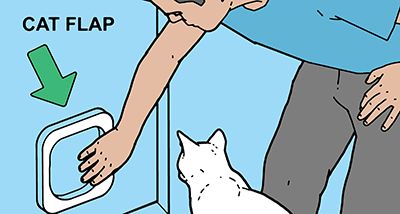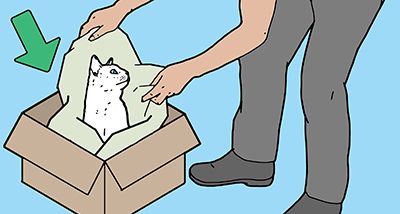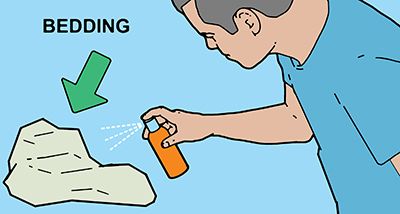It can be difficult to detect if your cat has a noise phobia, but it can have a serious impact on wellbeing. Petplan behaviourist Inga MacKellar explores the triggers and looks at what you can do to help calm your pet in the run-up to Bonfire Night.
The firework season is nearly upon us again and, while this used to mean just one night of flashes and bangs, it can now stretch to several weeks. Cats can become anxious around loud noises, and it’s not just fireworks that can have this effect.
What causes a noise phobia in cats?
This is a problem that can stem from an early age. If cats are not exposed to the everyday sounds of people and other animals early on, it’s far more likely that they will grow up to be fearful of them. A kitten who has been reared in a fairly noisy, bustling home, will be less likely to develop a noise phobia.
Cats can also become sensitive to sound later in life, particularly if they begin to lose their sight or develop dementia. If you’re worried this could be the case, a trip to the vet to get your pet checked out would be advisable.
What noises are cats scared of?
A cat can become fearful of any sound that it forms a negative association with. Along with fireworks, cats can also become frightened of loud bangs, thunder and household noises such as lawnmowers.
How do I know if my cat is noise-phobic?
What tends to happen when a cat is noise-phobic is that she will disappear, so the owner may never notice that she is frightened. Where cats have indoor and outdoor access – via a cat flap, for example – the owner might not realise their pet is hiding somewhere outside so not know there is a problem.
Some cats might show a displacement activity, such as licking themselves. An owner could wonder why their pet is grooming themselves for so long when it’s actually their way of comforting themselves. Also, a cat might be curled up tightly, seemingly asleep, but that is another coping strategy.
What you can do to help?
If you suspect that your cat is suffering with a noise phobia, ask your vet for a referral to a qualified pet behaviourist, who will be able to assess the situation and advise you on the best course of action for your cat.
This could consist of a counter-conditioning and desensitisation programme, which is a structured way of introducing sounds at a very low level and increasing the level as your cat gets used to it. This needs to be done under expert guidance – as if done incorrectly, it can make the problem worse.
Here are some practical things you can do at home to ease your cat’s anxiety:

- Allow for escape – A cat’s natural way of dealing with a fear is the flight response, so it’s important that she’s able to get away. Cats can also sometimes become aggressive when they’re frightened, so if you feel your cat is really agitated, avoid picking her up to reassure her – even though you might want to!

- Provide safe places – Cats naturally like to hide in cupboards and under beds, so make sure that there are plenty of accessible places that your pet can go to when she’s scared. You could use some thick cardboard boxes with blankets around them for your cat to burrow in and feel safe.

- The natural approach – There are herbal, pheromone and nutraceutical products that you can buy over the counter that can help to calm an anxious cat. You could try plugging in a pheromone diffuser near your cat’s preferred safe place or spray their bedding with valerian. It’s best to get further advice from your vet and behaviourist on this approach.
Share this article by clicking on the social media icons below and let your friends know the noise phobia signs to look out for!
If you’ve created somewhere safe and cosy where your cat can hide, we’d love to see. Simply share this with us on social media using #PethoodStories.